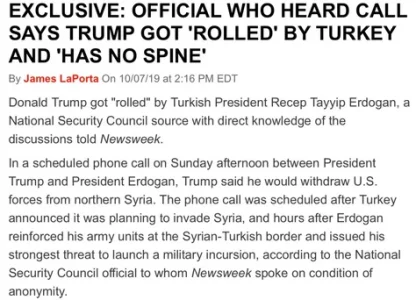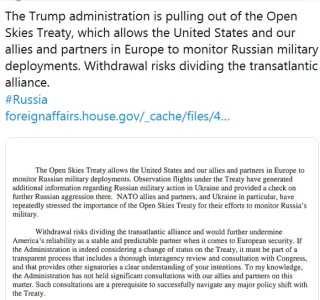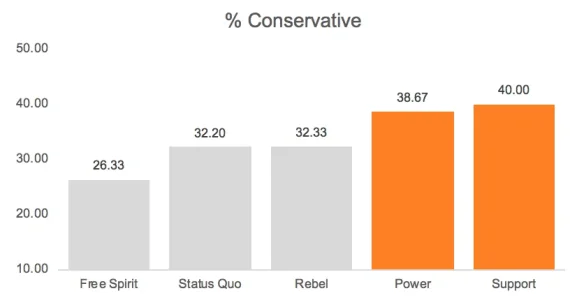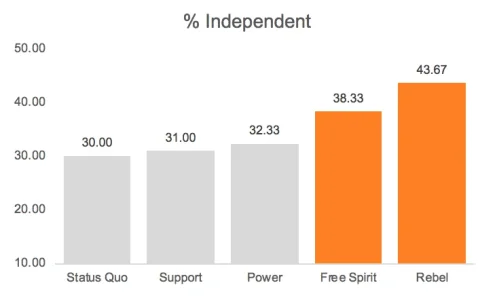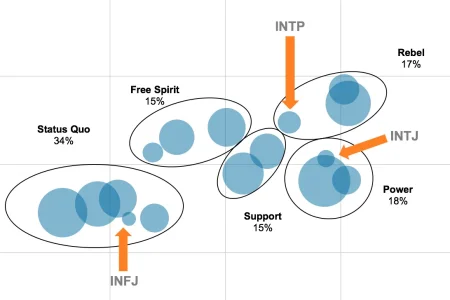I've been exploring some MBTI data to come up with a new model of representing personality types, and I was curious to back-test it against some political affiliation data. The results support the model and reinforce some theories I have.
The model organizes MBTI types into 5 distinct groups based on nature and nurture responses into their psychology. The five types are as follows: Status Quo, Support, Power, Free Spirit and Rebel.
To keep it brief, there is a correlation between how the groups are separated by the thinking/feeling dimensions of Te, Ti, Fe and Fi. The model is attached.
From here I looked at the proportion of political affiliations of the 5 groups separated by liberal, conservative or independent. Not surprisingly, Rebels and Free Spirits are the largest self-described "Independents." For example, Rebels are 45% and 35% more likely to be an "Independent" than Status Quo and Power respectively. The largest group of self-identified "Conservative" are Support and Power. Those charts are also attached.
There's probably a little more to bite my teeth into, but if you overlay Enneagram as well, you'll see types 5 (thinkers) and 9 (peacemakers) are the most likely to be independent, so there is correlation there as well.
There are a lot of sociological implications to all of this in my opinion. Basically, what's observed is that Power tries to reinforce itself through political ideology that is more likely to be consistent with the present state. Further, Power employs its nearest neighbors Support who happen to have similar political ideologies and lower intelligence to carry-out and support it. Lastly, all of this is correlated to MBTI


